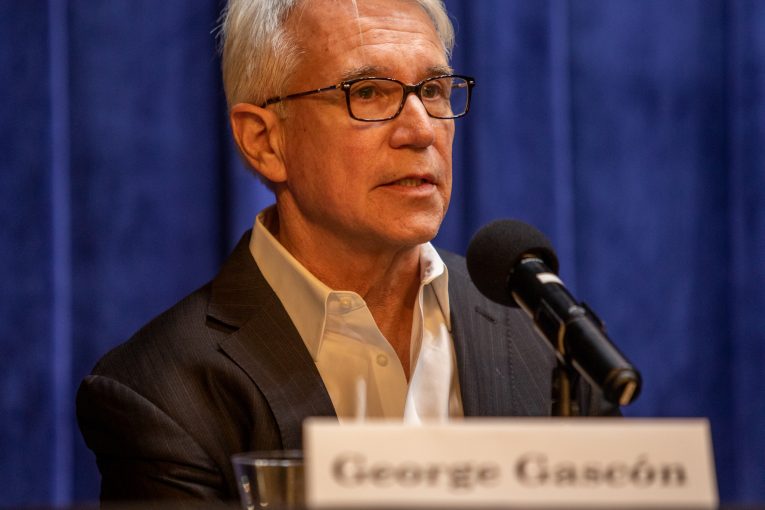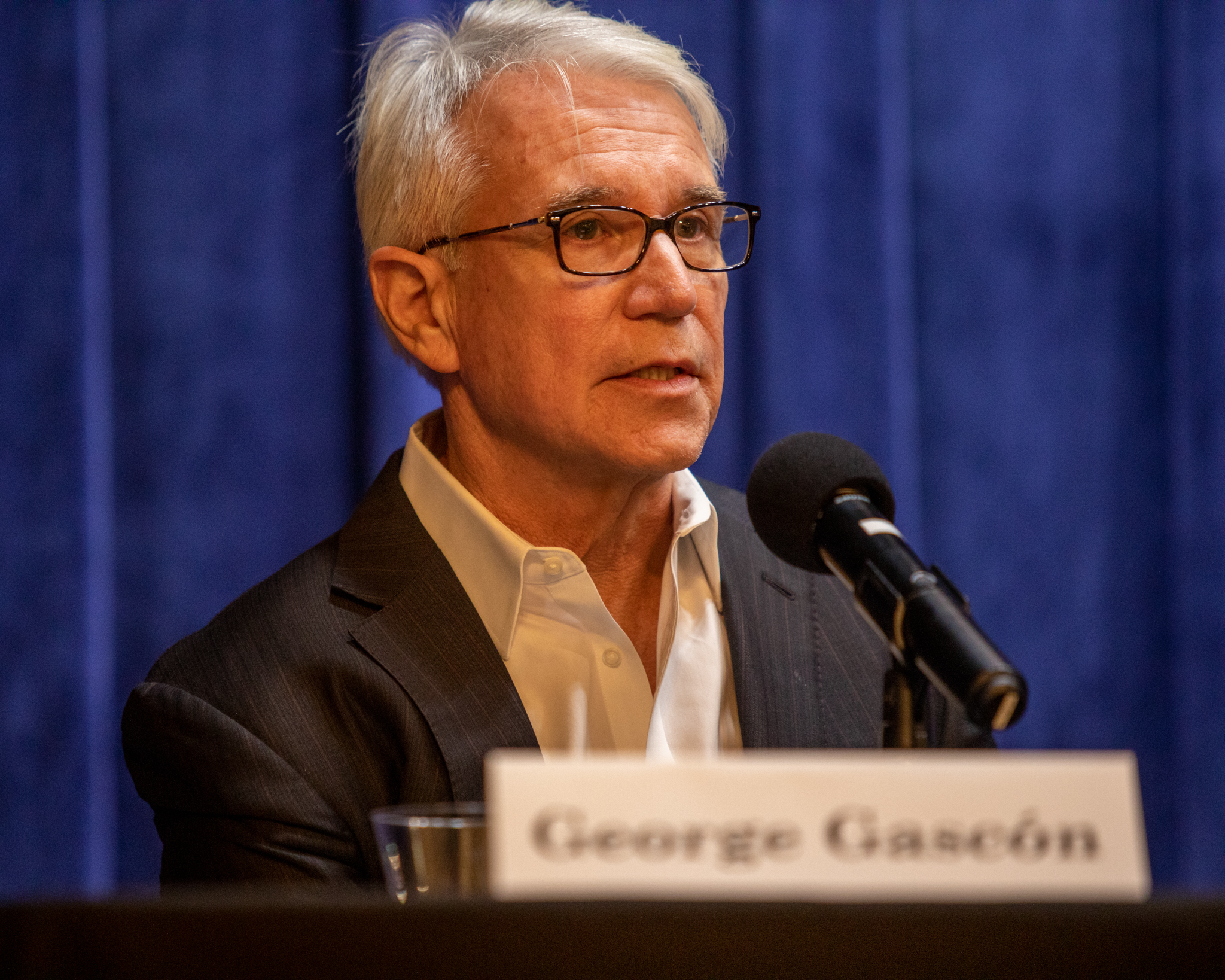

By Julian Verdon
LOS ANGELES, CA – Los Angeles District Attorney George Gascón held a press conference this week to announce a new pre-filing youth diversion program as part of a department victim-centered approach.
“This program will help repair the immense harm that criminal behavior inflicts on our community by giving crime victims the opportunity to actively participate in the restorative justice process,” DA Gascón said.
However, DA Gascon and Jessica Ellis, the executive director of Centinela Youth Services and the Everychild Restorative Justice Center (CYS), stated that the victims do not need to participate if they so wish.
“While victims cannot generally attend the juvenile court process, through restorative justice, we can give crime victims a chance to be a meaningful part of the process to determine appropriate restitution and resolution,” said Ellis.
DA Gascón ran on a platform of restorative justice, which essentially is a way to repair the damage done by an offender.
Restorative justice usually involves the determination of who was harmed and how the offender can repair that harm, said the DA, noting one of the central tenets of advocates for restorative justice is promoting accountability and reducing recidivism—the new youth justice program models after such restorative justice concepts.
“At CCEJ’s core, we believe that no one is disposable and individual transformation is possible through healing,” said Reena Hajat Carroll, executive director of the California Conference for Equality and Justice. “Restorative justice is the tool we need to fully employ to make our world a better place.”
Director Carroll also said that the regular justice system route has led to mass incarceration, with an overwhelming majority consisting of people of color. The new route, she said, would be a push against such effects.
DA Gascón also remarked that this new LA program would resemble San Francisco’s Make it Right approach. According to the California Policy Lab, the San Francisco District Attorney’s office, then also led by DA Gascón, allowed youth delinquents to participate in “restorative community conferencing” in place of a trial.
According to the San Francisco District Attorney’s office, the recidivism rate among those who have gone through the Make it Right program is 14 percent as of 2017. Thirty-two youth have successfully completed the program since then as well.
According to the San Francisco District Attorney’s website, “[T]hrough Make it Right, eligible young people are given the option, before their cases are charged, to participate in ‘restorative community conferencing.’ In this process, the youth come together with their victim and their supporters (including family/caregivers, youth services, schools, coaches, and others) in a community-based facilitated dialogue to develop an agreement for the young person to repair harm, address root causes, and make amends.”
The site adds, “This collective agreement identifies concrete actions the youth will take to address harm caused to the victim, the community, the youth’s family, and him/herself. With support from a community-based case manager, the young person has a six-month period to complete their agreement. If successful, the case is not prosecuted.”
The LA program will follow a similar path with a press release later that day stating, “eligible candidates may avoid criminal charges by agreeing to participate in an individually tailored program designed to address the underlying issues that contribute to criminal behavior, such as mental health needs or substance use.”
Moreover, the LA District Attorney press release adds the restorative justice process is a proven method for public safety and community healing.
According to DA Gascón , one of the initial underlying reasons for the program was the development of young people’s brains. He cited that human brains do not stop developing until their early twenties.
Therefore, so it’s reasoned, more young people are prone to making riskier decisions that can land them in legal trouble. To put them on the right side of the law this program will attempt to help them understand their wrongdoing and address the harm they caused.
The Youth Diversion and Development Division at the Los Angeles County Office of Diversion and Reentry will carry out this new youth justice program.
“YDD is excited to be collaborating with the District Attorney and service providers Centinela Youth Services and the California Conference for Equality and Justice to expand opportunities for young people to be connected with services that support their development while offering opportunities to take accountability for their actions through a process that also supports those who have been hurt and their needs,” said Refugio Valle, director of the Los Angeles County Office of Diversion and Reentry’s Division of YDD, adding, “Supporting youth development and healing is a key to increasing public safety.”
